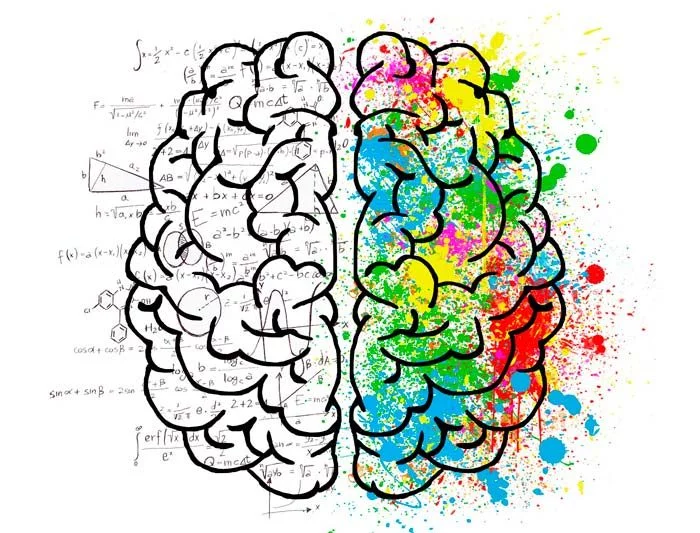Science (in Latin Scientia, from scire, which means “to know”) is the set of systematic knowledge about nature, the beings that compose it, the phenomena that occur in it, and the laws that govern these phenomena. It is a faculty of man that allows him to find explanations to the studied phenomena and answers to the questions raised about specific events, through a set of ideas that can be provisional, because, with the continuous search activity and the effort of men and women, these explanations may vary and constitute new knowledge.
What is science
Science is a series of neutral and verifiable knowledge about a specific topic. The concept of science extends into all branches of the different areas or fields of knowledge, where specialists carry out different studies and observations, implementing the scientific method so that it is possible to achieve new, confident, irrefutable knowledge. Valid and objective.
It is fundamentally based on experimental observations. These observations are structured through models, methods, and theories to form new knowledge. For this, essential criteria and a research method are established. Implementing this knowledge and methods leads to the formation of new knowledge in a style of concrete, proportionate and verifiable revelations aimed at observations of the past, present, and future.
We hear about science regularly, but we don’t know what it is, what it is about. If we investigate the concept, the problem becomes a little more complicated because we can find many definitions (even some almost incomprehensible) that often remain in a plane far from our daily lives. However, science makes our daily experience and, beyond the multiple definitions, we can approach it and its complexity from what directly or indirectly summons us.
National differences
The concept of science includes explanations about how the world works and all those people, institutions, and techniques involved in the acquisition and use of that knowledge (Dear, 2006). But that is not a definition: “include” is not the same as “understand,” and what I understand by science is inevitably different from what each reader understands. There is a barrier between myself and readers who are not native English speakers. This is not a mere scholarly detail. Unlike many other European languages, the Latin Scientia has lost its original meaning of knowledge or wisdom in English, and its scope has been restricted to the natural world. It used to refer primarily to the systematized knowledge available in books, but science no longer differs from the practical expertise implied by the term ars. Serious misunderstandings can occur when non-native English speakers do not realize that science is not synonymous with “academic.”
47-84
In Great Britain, the compartmentalization separating artistic and scientific knowledge and practices were consolidated in the first decades of the 19th century, just as new scientific disciplines such as geology and biology were shaping. Above is a portrait of Charles Lyell, who published his Principles of Geology in three volumes from 1830 to 1833. / National Portrait Gallery, London
In essence, I write from a British perspective. Given that science is territorialized, I know shamefully little about, for example, Catalan or Castilian science, about its past and present techniques. The past inevitably affects the present, so it is so helpful and interesting to study it. As an example of the importance of territorialization, consider the contrasts during the 18th century between Great Britain and France that followed Cartesian models long after Isaac Newton’s ideas triumphed on my side of the canal. As Voltaire said: ‘A Frenchman who comes to London finds things very changed in philosophy, as in everything else. He has left the world full; he finds it empty. ” National differences persisted. Many British scientists abjured the “Newtonian” of post-revolutionary France, in which God had been eliminated in a deterministic universe, and the calculus practiced by Newton’s great rival, Gottfried Leibniz, dominated mathematical theories.
Apart from these theoretical confrontations, the organization of science was also different. In a way, the Royal Society of London seemed like a gentlemen’s club open to anyone who could pay a subscription, while its equivalent in Paris enjoyed state funding for a limited number of expert researchers. Consequently, British science was characterized by various individual initiatives that depended on inherited or earned wealth. Entrepreneurs who did not have sufficient resources to finance their projects sought funding from sponsors, and they helped usher in the industrialization that transformed Britain decades before the rest of Europe. On the contrary, French science was more oriented to solving questions that arose from centralism, with a centralized educational system that allowed a structured scientific career to be pursued.

